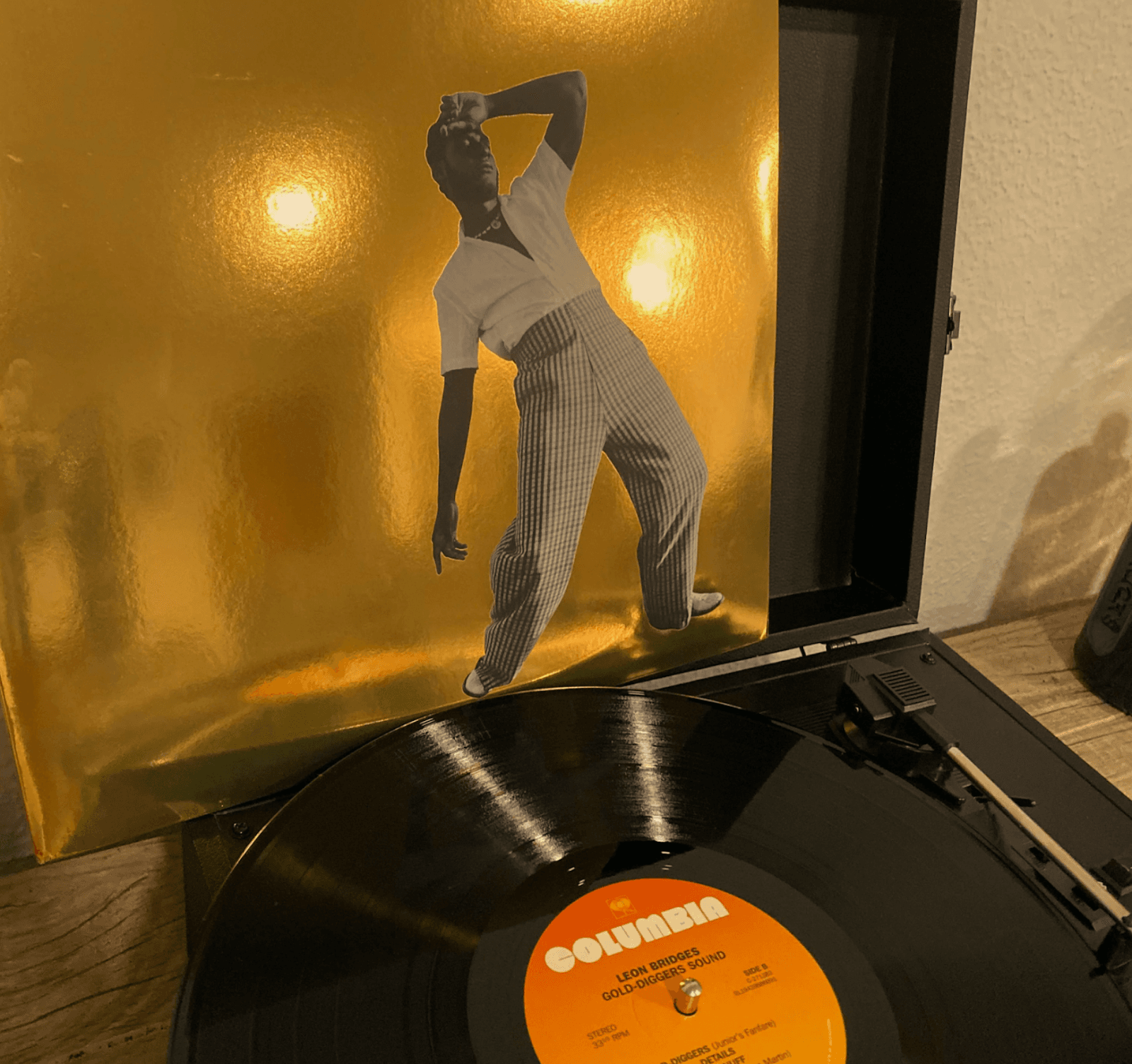Accessibility Tools
PMG Digital Made for Humans
The Growing Struggle between Trademarking and Genericization
4 MINUTE READ | February 7, 2019
The Growing Struggle between Trademarking and Genericization
Madison Comstock
Madison Comstock has written this article. More details coming soon.
Aspirin, Kleenex, Ziploc, Band-Aid, ChapStick, Escalator, and Xerox. These are all brands that have become victims of genericization, and have either lost their trademarks legally or have become interchangeable with the product the brand is selling, rendering a trademark invalid if a lawsuit were to be filed. Known as a generic trademark (or proprietary eponym) these brand names become a generic name for, or synonymous with, a general class of product, which is usually against the intentions of the trademark’s holder. In the past, brands would attempt to curb genericization through ads marking a distinction between their product and others, but nowadays, it’s not as simple.
Thanks to the Internet and social media, it is increasingly difficult for brands to control the ‘public conversation’ around their products and draw a line between, say, an Amazon Alexa, and another brand’s smart speaker.
Kleenex is the most notable victim of genericization. The brand’s product, which should actually be referred to as tissues, became so wildly popular that the brand name Kleenex became synonymous with tissues. This has caused the brand to become genericized to the point where it still has its trademark, but it’s not as meaningful as it was. This instance trademark genericization happened before the Internet came around, and it has since gotten even more difficult for brands to protect their trademarks.
Two brands where genericization is happening now are Google and Photoshop. Googling has become synonymous with searching on the Internet for most, but courts have ruled that people still mean using Google’s search engine when they use google as a verb, allowing Google to keep its trademark. People are also starting to use the word “Photoshop” to describe editing their photos, even if they used another software, like Facetune. This may prove costly to Adobe as this becomes more widespread and they potentially face a trademark lawsuit.
One product people have noticed becoming more generic is Amazon’s Alexa. With the smart speaker being the first to market, Alexa enjoys the benefit that when people think smart speaker, their minds go straight to Alexa. There are pitfalls to this, however. Though there are many more brands of smart speakers in the market now, most notably Google Home, if people still call other speakers “Alexas” or “a Google Alexa”, Amazon could face the repercussions of genericization.
And with the Internet being an area where brands can hardly police the way people are talking about them, genericization becomes a real threat. A tweet that goes viral can be great publicity for a brand, but if that tweet is talking about a cooler and calling it a Yeti when it’s really an RTIC, this widespread attention for the wrong brand could actually hurt the incorrectly named yet more well-known brand by genericizing it.
The “Alexa, play Despacito” tweets now have a worrisome edge when you consider that people could be calling their Google Home an “Alexa” in the tweet, and Amazon has no real power to stop them and enforce their trademark on their Amazon Alexa.
Stay in touch
Bringing news to you
Subscribe to our newsletter
By clicking and subscribing, you agree to our Terms of Service and Privacy Policy
In the age of the Internet, both consumers and brands need to be careful about conversations about brands. With the ability of social media to go viral without any limitations by trademarks or copyrights, and the lack of control a brand now has around its name’s use on the internet, trademarks can get very diluted very quickly; turning into generic trademarks in virtually no time or disappearing altogether. Genericide is a real threat, and brands that become too successful may start to feel its impact.







